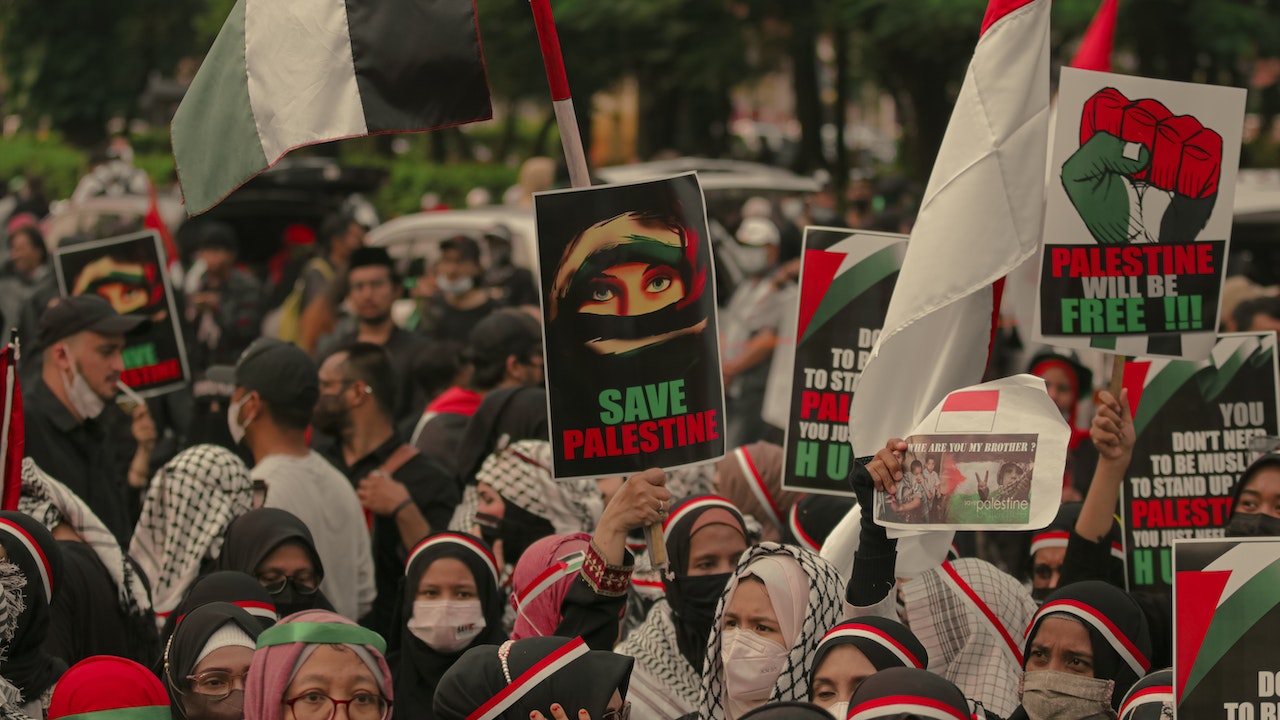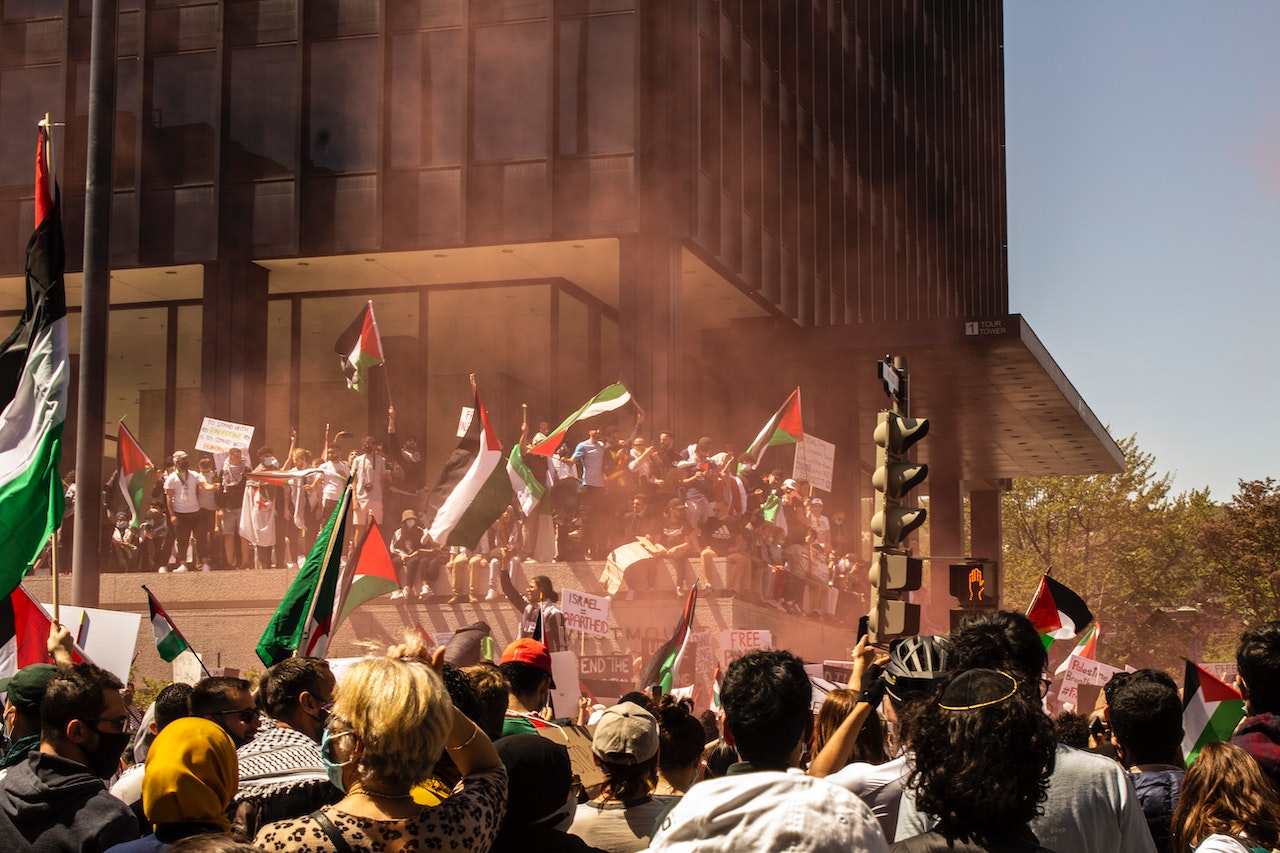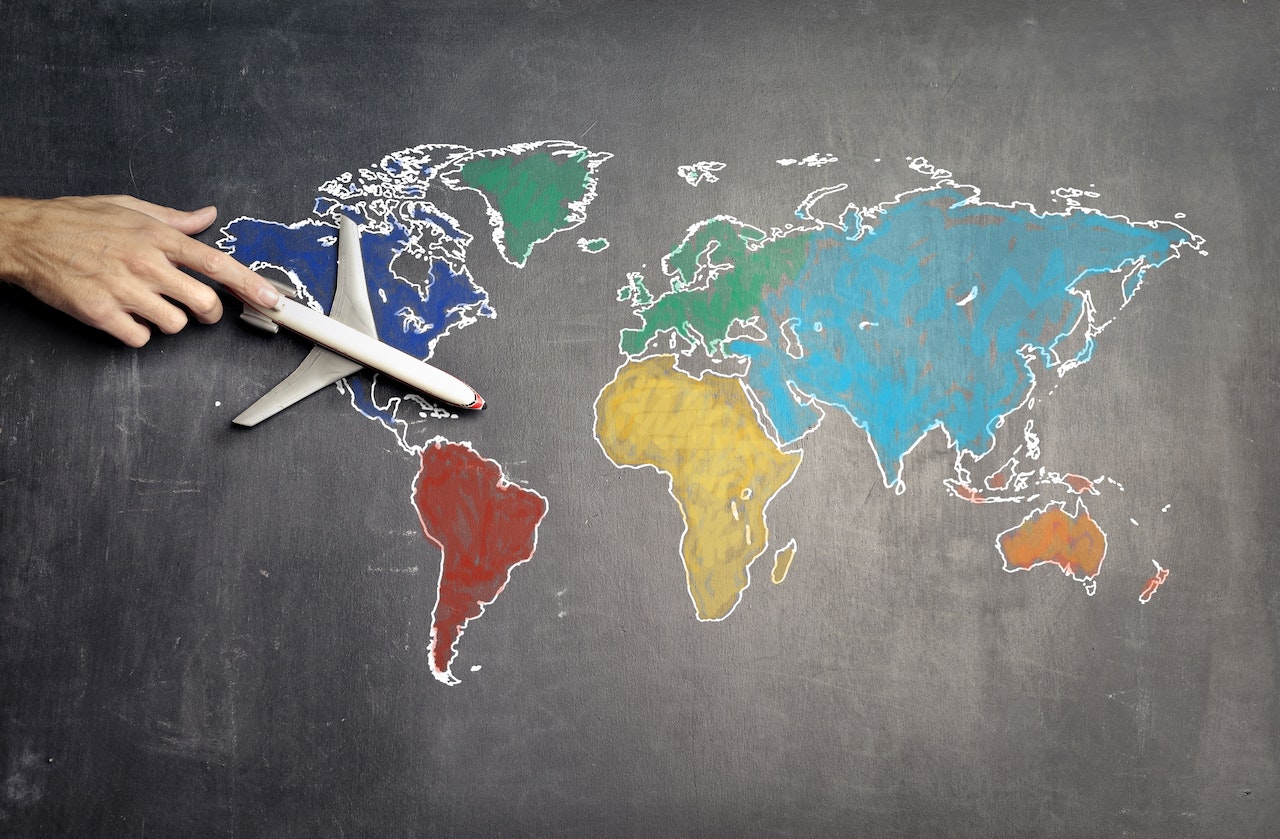Exploring International Perspectives on the Palestine Crisis

The United Nations partition plan of 1947 aimed to divide the Palestine crisis into separate Jewish and Arab states, but it was rejected by Arab leaders who felt it was unjust. This rejection led to a full-scale war between Israel and neighboring Arab countries like Egypt, Jordan, and Syria. Over time, these conflicts have not only resulted in displacement and suffering for both Israelis and Palestinians but also significantly impacted regional stability as other nations become involved in supporting one side or another. One interesting perspective is that this complex issue cannot be simplified into a simple clash between religions or cultures; rather it is a struggle for self-determination by two groups with historical claims to the land. It is crucial to approach this conflict from an unbiased standpoint acknowledging its complexities while seeking peaceful resolutions that address historical grievances while prioritizing human rights.
The roots of the conflict between Israel and Palestine can be traced back to the early 20th century when Jewish immigration to Palestine began in response to rising anti-Semitism in Europe. The Balfour Declaration of 1917, which expressed British support for the establishment of a national home for the Jewish people in the Palestine crisis, further intensified tensions between the Jewish and Arab communities. As a result, violence erupted throughout the region, with both sides engaging in acts of terrorism and retaliation.
Arab Nations and Israel
The ongoing conflict between Arab nations and Israel has deep historical, political, and cultural roots. From the perspective of Arab nations, the establishment of Israel in 1948 was seen as a significant betrayal. The Palestinians, who have a shared ethnic and religious identity with their Arab neighbors, felt abandoned by their brethren when Arab countries failed to prevent or reverse the creation of the Israeli state. It is important to note that not all Arab nations hold an entirely unified view of their relationship with Israel. Countries such as Egypt and Jordan have signed peace treaties with Israel – a move that has brought mixed reactions from other Arab states. Some argue that these peace agreements represent a pragmatic approach to resolving regional conflicts, while others vehemently oppose any normalization of ties with Israel until Palestinian rights are recognized fully.
In recent years, shifting geopolitical dynamics have also influenced regional perspectives on the Palestinian crisis. With common concerns about Iran’s increasing influence in the region, some Arab nations have been forced to reassess their stance towards Israel as they prioritize security cooperation over unresolved historical grievances. This has led to discreet diplomatic engagements between certain Gulf states and Israel in an effort to counter shared threats. While tensions persist and resolutions seem elusive at times, understanding the complex regional perspectives can provide valuable insights into potential pathways for dialogue and cooperation amidst this long-standing conflict. By recognizing differing views within Arab nations themselves and keeping abreast of changing geopolitical dynamics influencing relationships with Israel, we gain a more nuanced understanding of this multi-faceted issue.
Understanding the Complexity of the Palestine Crisis

One of the key factors that makes the Palestine crisis so complex is the long and complicated history of the region. Palestine crisis has been at the center of conflict for centuries, with multiple empires and nations attempting to control or claim it as their own. This deep-seated historical context adds layers of complexity to understanding the current situation. Another important aspect to consider is the multifaceted nature of identity in the Palestine crisis. The region is home to diverse groups, including Palestinians, Israelis, and various religious and ethnic communities. Each group has its own narrative and aspirations, making it challenging to find common ground for a peaceful resolution. Additionally, political ideologies and factions within these communities further complicate efforts towards a lasting solution.
External actors have also played a significant role in shaping the Palestine crisis. Various countries have vested interests in the region due to strategic geopolitical considerations or historical alliances. Their involvement often influences power dynamics on both local and international levels, introducing further complexities to resolving the conflict. Understanding the complexity of the Palestine Crisis requires delving into its deep-rooted history, considering different identities within this diverse region, and acknowledging external influences on this ongoing conflict. Only by taking these factors into account can we hope to develop comprehensive solutions that address all dimensions of this multifaceted crisis.
Impact on Palestinian Lives

The humanitarian Palestine crisis has had a profound impact on the lives of its people, resulting in widespread suffering and instability. One significant consequence is the severe lack of access to basic necessities such as food, clean water, and healthcare. This has led to a high prevalence of malnutrition, diseases, and preventable deaths among Palestinians, particularly children. Another aspect of this crisis is the displacement of many Palestinians from their homes and communities. The ongoing conflict in the region has forced countless individuals to become refugees within their own country or seek refuge in neighboring nations. These displaced individuals face numerous challenges including limited access to education, loss of livelihoods, and a constant state of insecurity. The psychological toll on these individuals cannot be overlooked either; many suffer from trauma and emotional distress as a result of their experiences.
It is crucial that we recognize the gravity of the humanitarian crisis faced by Palestinians and work towards finding sustainable solutions that promote human rights and dignity for all involved parties. International efforts must focus on providing aid to those affected by the crisis while also addressing its root causes through diplomacy and dialogue. Only through collective action can we hope to alleviate the suffering endured by Palestinian lives impacted by this ongoing humanitarian disaster.
Seeking a Path to Peace
When it comes to seeking a path to peace in the Palestine crisis, it is crucial to look beyond the traditional frameworks that have thus far failed to yield the desired results. Often, negotiations between Israel and Palestine crisis focus solely on political and territorial issues, overlooking the deeper roots of the conflict. To achieve lasting peace, it is necessary to address the underlying social, cultural, and psychological factors that perpetuate tension and animosity. One perspective worth exploring is an emphasis on humanitarian concerns rather than political maneuvering. By prioritizing access to basic needs such as food, water, healthcare, and education for all Palestinians – irrespective of their geographical location – there is a greater possibility of building trust among all parties involved. A shift towards a human-centered approach could foster understanding and cooperation on a fundamental level rather than relying solely on diplomatic negotiations which often fail due to zero-sum approaches.
An integral aspect of seeking a path to peace is understanding the historical context of the Israeli-Palestinian conflict from various perspectives. Recognizing both Israeli Jews’ deep-rooted connection to their homeland as well as Palestine crisis claims for self-determination can foster empathy among different groups. This entails acknowledging historic injustices suffered by both communities while simultaneously working towards reconciliation through dialogue platforms where individuals from different backgrounds can share their narratives. Having an inclusive space where emotions are respected can lay the foundations for bridging gaps created by decades of violence allowing collective healing to take place.



